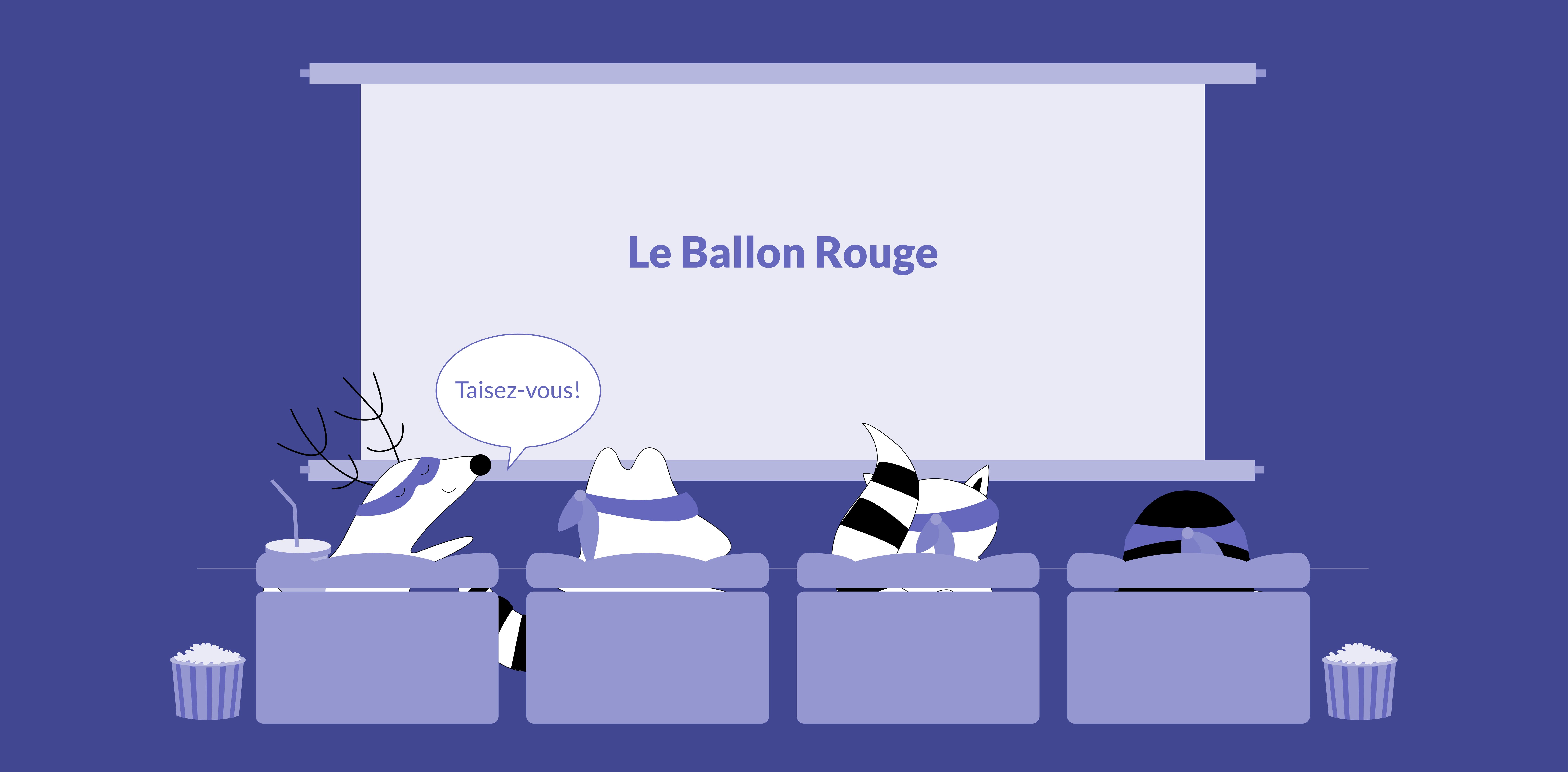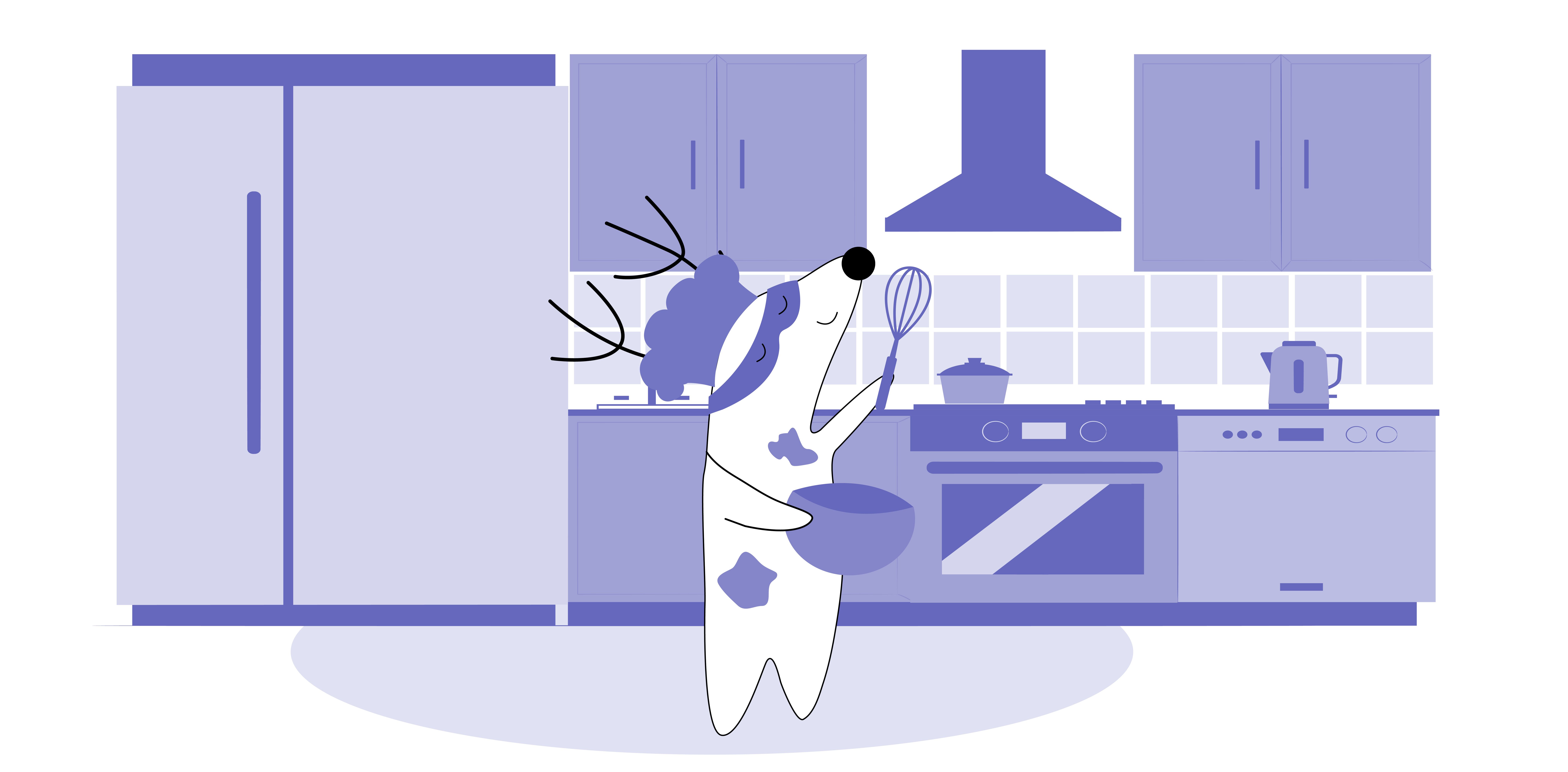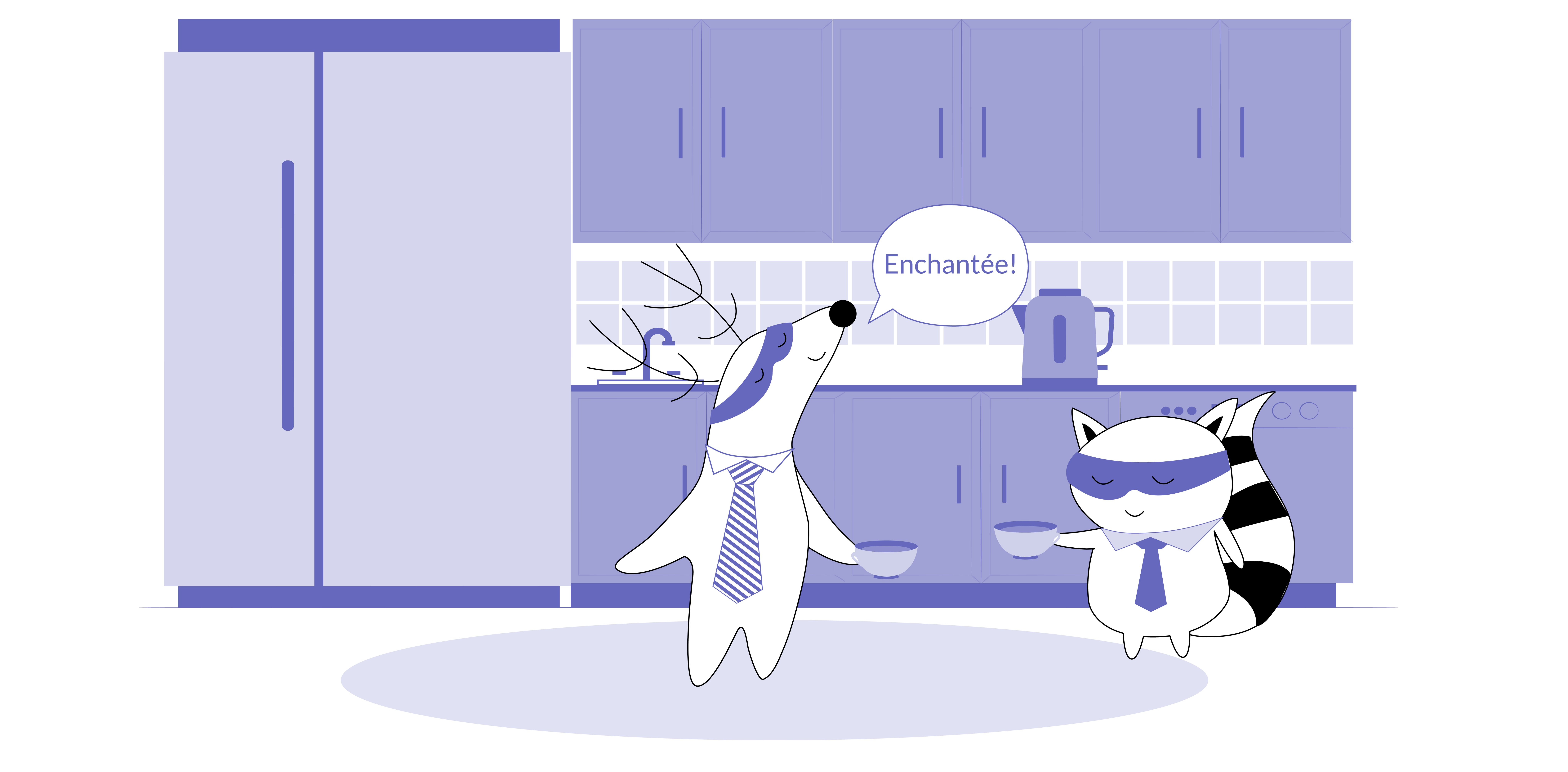
In the world of language learning, few things are as important as the art of greeting someone. From “hello” to “goodbye,” the manner in which we welcome others speaks volumes about our cultural awareness and respect.
Today, we're diving into the nuances of French greetings, going beyond the already familiar Bonjour or Bonsoir to focus on how to express the universally warming sentiment of "nice to meet you."
Whether you’re a student of French, a traveler looking to connect with locals, or a business professional navigating cultural norms, understanding the varied ways to express this foundational greeting will enhance your conversational skills and demonstrate your appreciation for the rich tapestry of the French language.
Learn French with Langster
Saying "Nice to Meet You" Like a Native French Speaker
Conjugations and grammar aside, the phrase "nice to meet you" in French can be expressed in a number of ways, each catering to specific contexts and levels of formality. Let’s take a closer look at the go-to formal and informal phrases:
The Most Common Way: Enchanté
At the heart of French sophistication and politesse is the word Enchanté, which is used to express delight upon meeting someone. Like many French words, it captures an emotion in just a few syllables.
Native English speakers may hesitate to use Enchanté, thinking it might come off as formal or out of place due to its resemblance to the English term "enchanted," which has very different connotations often tied to fairytales and magic.
Yet, in French, Enchanté does not evoke a mystical vibe but rather aligns more closely with the expression "delighted," making it as commonplace and genuine as saying "I’m pleased to meet you" during French introductions.
Grammar Note: Since Enchanté is a French adjective, it must align in gender with the individual who is introducing themselves. So, since Enchanté is masculine, it becomes Enchantée in the feminine form.
French
English
Enchanté.
Nice to meet you.
Enchantée.
Nice to meet you.
This is your go-to phrase in any respectable, formal encounter, and it is a perfect French word for informal situations as well. Whether meeting your potential in-laws for the first time or sitting through an interview for your dream job, Enchanté is an understated yet powerful acknowledgment of the meeting.
For a more elaborate approach, you may use this expression:
French
English
Je suis enchanté de faire ta connaissance.
I am delighted to make your acquaintance.
Formal Expressions: Ravi de vous rencontrer / Ravi de te rencontrer
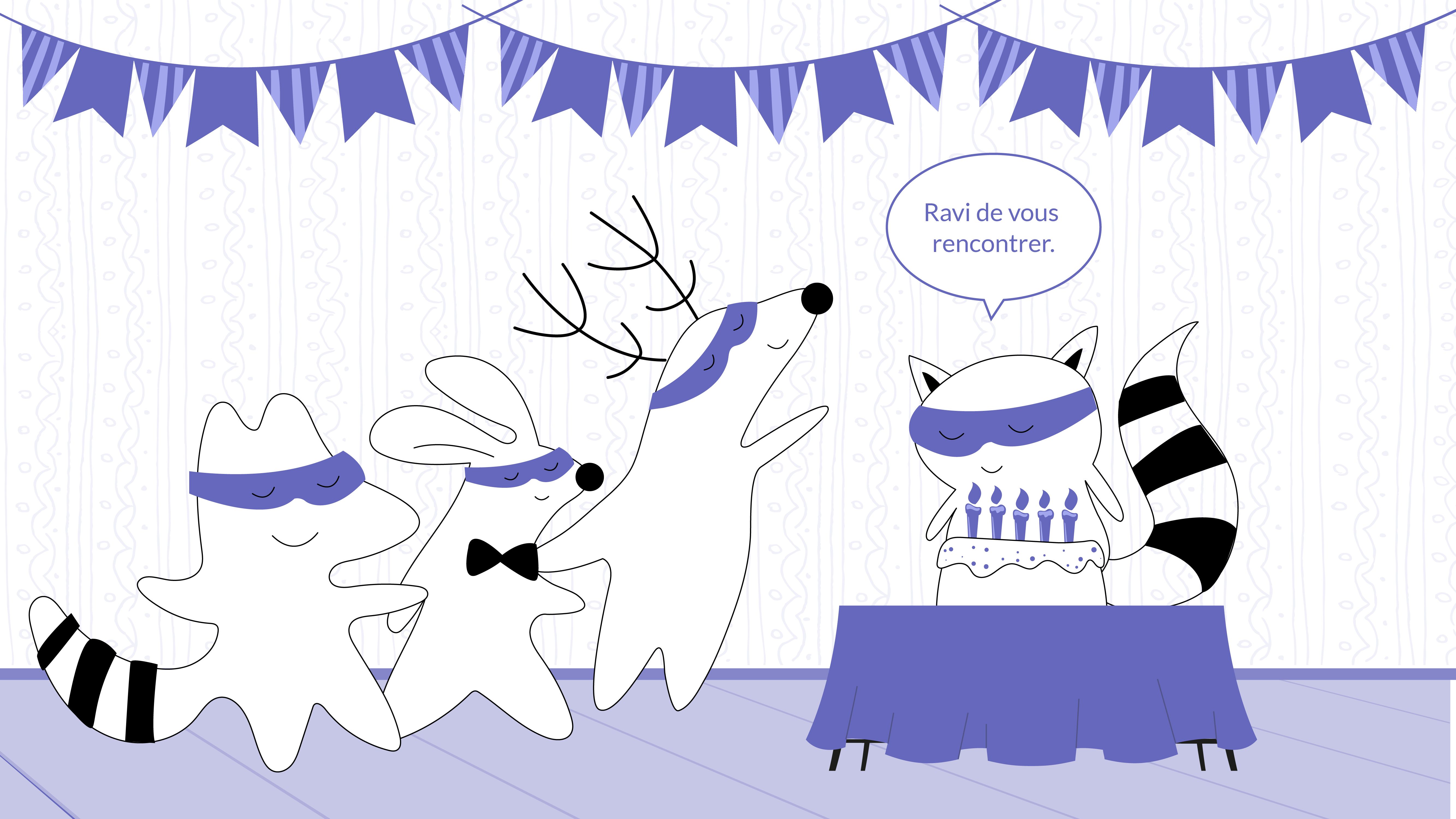
This phrase, Ravi de vous rencontrer, is a classic and secure choice for conveying your pleasure in making someone's acquaintance in French. Though perhaps not the most informal expression, its degree of formality is moderate — ideal for when the exact social decorum is unclear.
In scenarios where you'd rather play it safe (like meeting a new colleague), opting for this one is your best bet.
French
English
Ravi de vous rencontrer.
Pleased to meet you (formal).
Conversely, Ravi de te rencontrer is a more informal version of the same sentiment due to the use of te — the informal second-person singular object pronoun. This version sets a more laid-back tone, perfect for interactions with peers or in casual settings, such as a gathering or party.
French
English
Ravi de te rencontrer.
Pleased to meet you (informal).
As you’ll see later in this article, both of these French pronouns can be interchanged in various "nice to meet you" expressions in French, making it a valuable learning focus.
Grammar Note: Like Enchanté(e), the term Ravi(e) morphs slightly according to the speaker's gender. A male would say Ravi, while a female would say Ravie. Fortunately, the pronunciation for both remains the same, a handy aspect of this useful expression.
Other Ways to Say "Nice to Meet You" in French
The French, with their penchant for nuance, have a bouquet of ways to express this simple yet profound greeting. Here are several alternative phrases and the appropriate times to use them:
C’est un plaisir de vous rencontrer / C’est un plaisir de te rencontrer
In French, where specifics of an introduction can convey much about one's anticipation, C’est un plaisir de vous rencontrer holds a special place.
This phrase, which resonates as "It’s a pleasure to meet you" in English, suggests a prior eagerness for the interaction. It implies that there is already a positive impression of the person before the actual meeting, making it especially suitable for encounters where you have prior knowledge of the individual.
French
English
C’est un plaisir de vous rencontrer.
It’s a pleasure to meet you (formal).
For instance, you can use this phrase upon meeting a new team member who you've known would be joining your work environment. The use of vous in this phrase leans towards a formal tone.
However, for a more laid-back approach akin to meeting peers or someone with whom you expect to soon become acquainted on familiar terms, C’est un plaisir de te rencontrer replaces the formal vous with the informal te.
French
English
C’est un plaisir de te rencontrer.
It’s a pleasure to meet you (informal).
This version is apt for less formal situations — perhaps in meeting a friend’s partner whom you've already heard much about.
Another similar expression you might come across is C'était un plaisir de vous/e rencontrer. This is the more extensive and courteous way of saying, "It was a pleasure to meet you."
French
English
C'était un plaisir de parler avec toi. À bientôt!
It was nice meeting you. See you around!
Use this when you’ve spent some time with the person or when the encounter signifies a memorable moment, such as concluding a business deal or parting ways after a thought-provoking conversation.
Heureux de te rencontrer / Heureuse de te rencontrer
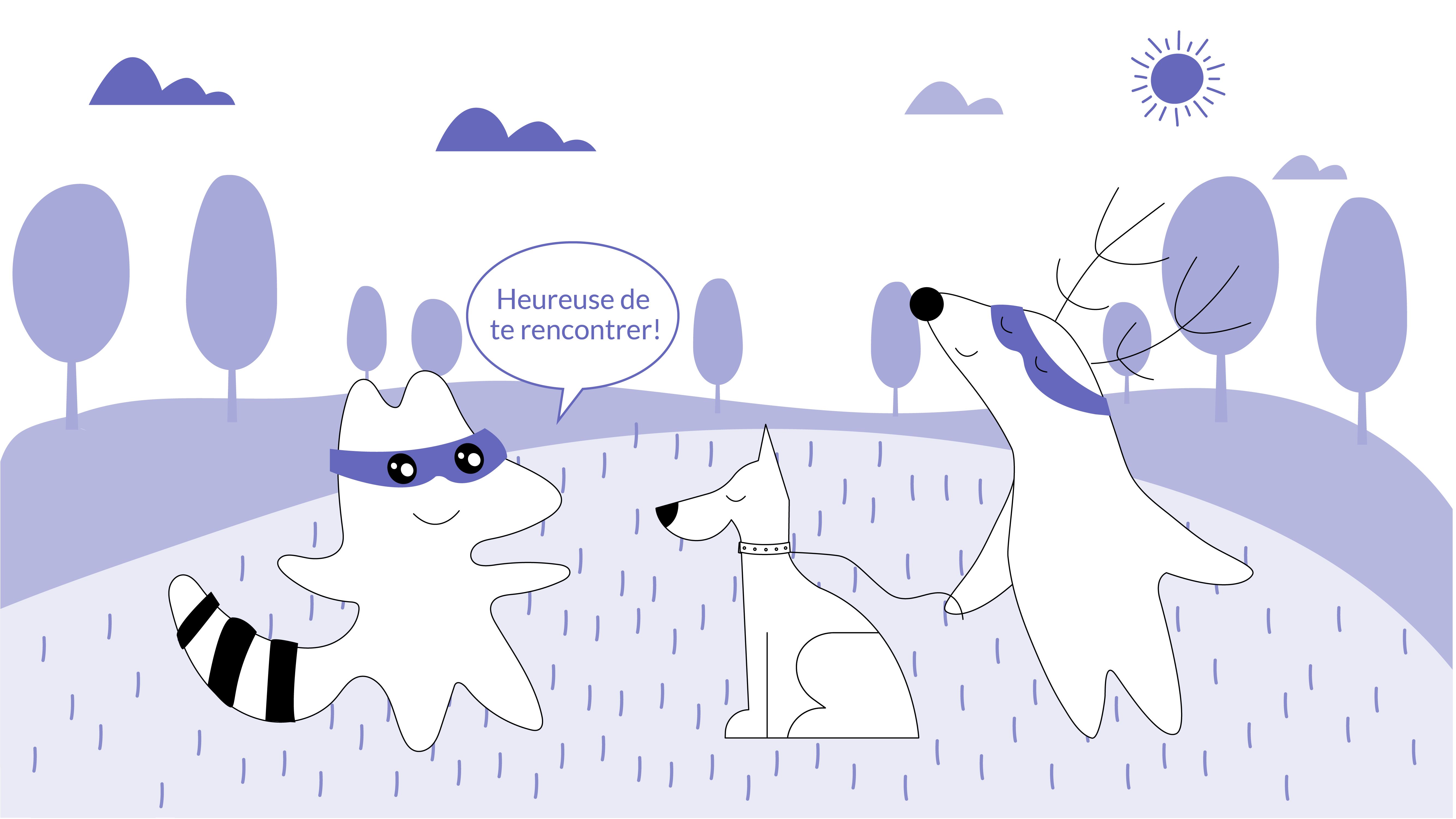
Stepping into more casual realms of interaction, these French expressions break the ice with a direct declaration of happiness at the new connection. Heureux (or heureuse in the feminine form) translates to "happy" in English, providing a cheerful and friendly touch for when you're introduced to someone in a laid-back setting.
French
English
Heureux de te rencontrer.
Happy to meet you.
Heureuse de te rencontrer.
Happy to meet you.
It is a warm and slightly more formal way to express pleasure at meeting someone for the first time. It's appropriate for occasions when a certain degree of decorum is expected, like at a dinner party or with respected mentors and professionals.
Ravi de faire votre connaissance / Ravi de faire ta reconnaissance
For those occasions where etiquette is key, Ravi de faire votre reconnaissance is the quintessential French expression of polite introduction, akin to "Pleased to make your acquaintance."
French
English
Ravi de faire votre connaissance.
Pleased to make your acquaintance.
Though its English counterpart may not roll off the tongue as often, the French version is still widely used and carries a dignified air, especially when meeting someone of note or seniority.
When addressing a group of people, whether in a casual get-together or a more structured event like a seminar, this is your go-to phrase. It adapts to plural usage with grace, serving the role of "Pleased to meet all of you" and elevating your French language skills in the eyes of native speakers.
When you need to express your pleasure at meeting several people simultaneously, this phrase carries the day, regardless of the formality of the occasion.
On the flip side, Ravi de faire ta reconnaissance provides a slightly more informal touch while maintaining a respectful tone. The choice of ta over voter brings a personable feel yet retains an element of formality.
French
English
Ravi de faire ta reconnaissance.
Pleased to make your acquaintance.
It's a phrase best kept for scenarios where you want to be courteous without the added weight of formality that voter might imply — though it's still not the phrase you'd likely use for a chance encounter at a local bar.
More Alternative Ways to Say “Nice to Meet You” in French
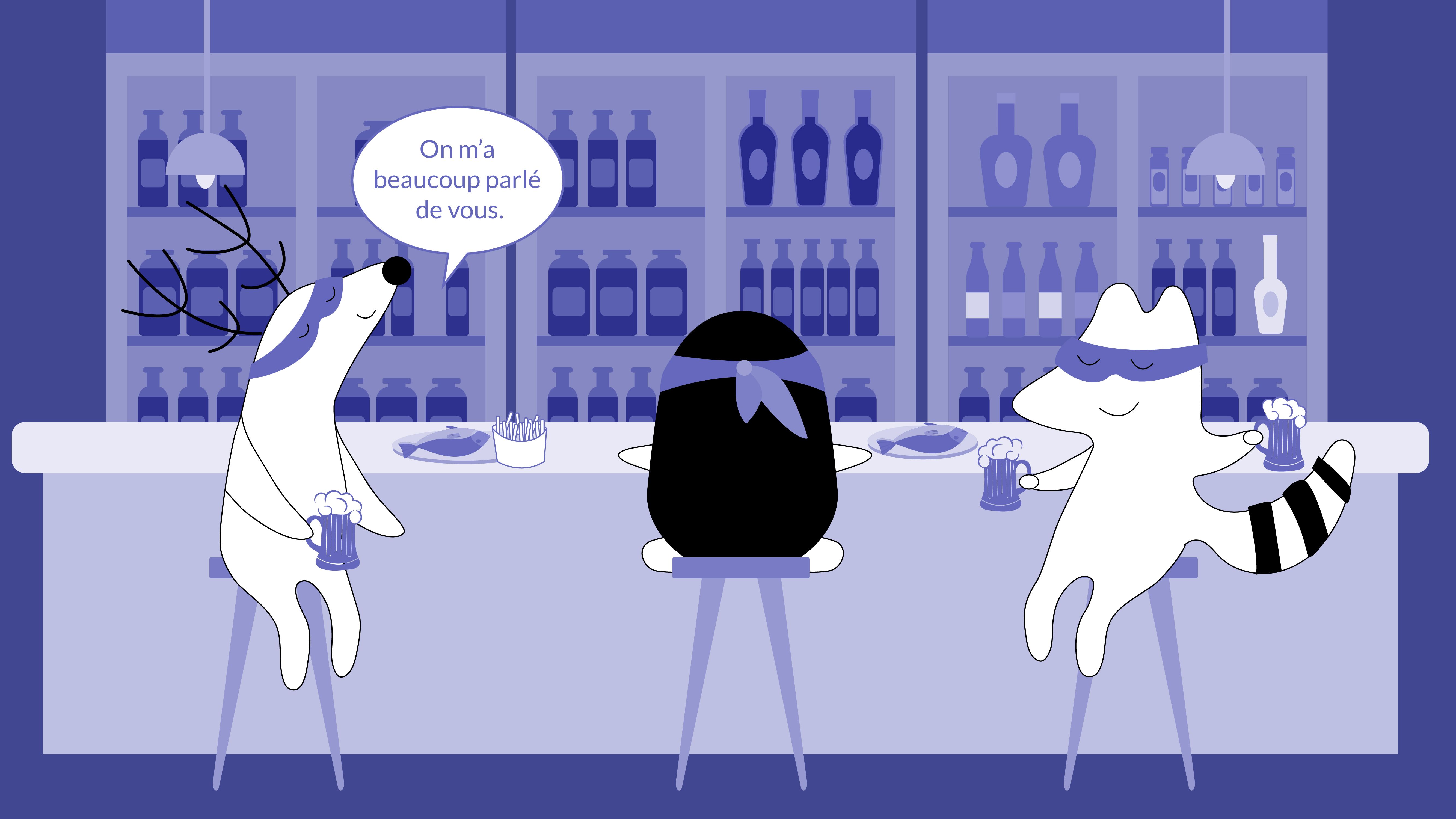
This list isn’t finished yet! Here is a quick table summarizing some of the alternative informal and formal ways to say “nice to meet you” in French:
| French Expression | Translation | Explanation |
|---|---|---|
| On m’a beaucoup parlé de vous. | I’ve heard a lot about you. | This is a phrase often used as a prelude to expressing positive expectations or familiarity, with its literal translation being “They told me a lot about you.” It’s a way to break the ice in meetings and compliment the other person at the same time, which can lead to further conversational topics about the person you're meeting. |
| On m’a beaucoup parlé de vous. | I’ve heard so much about you. | This is a stronger version of the above. It means "I’ve heard so much about you" and implies that the speaker has been looking forward to this meeting. |
| Ça m’a fait plaisir de discuter avec vous. | It was a pleasure talking to you. | If you've had a meaningful or enjoyable interaction with someone, use this phrase. It’s an appreciative and heartfelt way to acknowledge a productive or enriching conversation. |
| Au plaisir! | Pleasure! | Not only is this phrase a nice way to end a conversation, but it shows you're looking forward to the next encounter. Literally translating to “to the (next) pleasure,” it’s a polite way to express your enjoyment of the present meeting and your anticipation of future interactions. |
| French Expression | Translation | Explanation |
|---|---|---|
| On m’a beaucoup parlé de vous. | I’ve heard a lot about you. | This is a phrase often used as a prelude to expressing positive expectations or familiarity, with its literal translation being “They told me a lot about you.” It’s a way to break the ice in meetings and compliment the other person at the same time, which can lead to further conversational topics about the person you're meeting. |
| On m’a beaucoup parlé de vous. | I’ve heard so much about you. | This is a stronger version of the above. It means "I’ve heard so much about you" and implies that the speaker has been looking forward to this meeting. |
| Ça m’a fait plaisir de discuter avec vous. | It was a pleasure talking to you. | If you've had a meaningful or enjoyable interaction with someone, use this phrase. It’s an appreciative and heartfelt way to acknowledge a productive or enriching conversation. |
| Au plaisir! | Pleasure! | Not only is this phrase a nice way to end a conversation, but it shows you're looking forward to the next encounter. Literally translating to “to the (next) pleasure,” it’s a polite way to express your enjoyment of the present meeting and your anticipation of future interactions. |
Cultural Considerations
Understanding the cultural context of greetings will not only improve your language skills but also give you a deeper understanding of the social fabric of the French-speaking world.
French Etiquette and Customs
Formality and politeness are deeply ingrained in French society. Greetings are often the first indicator of social standing and respect. The French take punctuality seriously, and a well-timed Enchanté can set the stage for a positive impression.
Remember to make eye contact and shake hands when appropriate, and always use Monsieur or Madame until invited by your conversational partner to use their first name.
Non-Verbal Cues and Body Language
The French, known for their eloquence in every area of communication, also express themselves through subtle body language. When using any of the above-mentioned greetings, consider your surroundings and the level of formality.
Stand up straight, hold your head high, and maintain a calm, confident demeanor.
Quick Tip: Use Audio Resources for Practice
Mastering pronunciation is the key to making your French greetings sound authentic. Use online resources and language learning apps like Langster, which provides audio from native speakers, to practice the different dialects, intonations, and speeds of spoken French.
Hearing the language spoken by multiple voices will train your ear to recognize and pronounce words accurately.
Many who study French find it beneficial to immerse themselves in the language by listening to French music, watching French films with subtitles, and even changing the language setting on their devices to French.
Takeaway
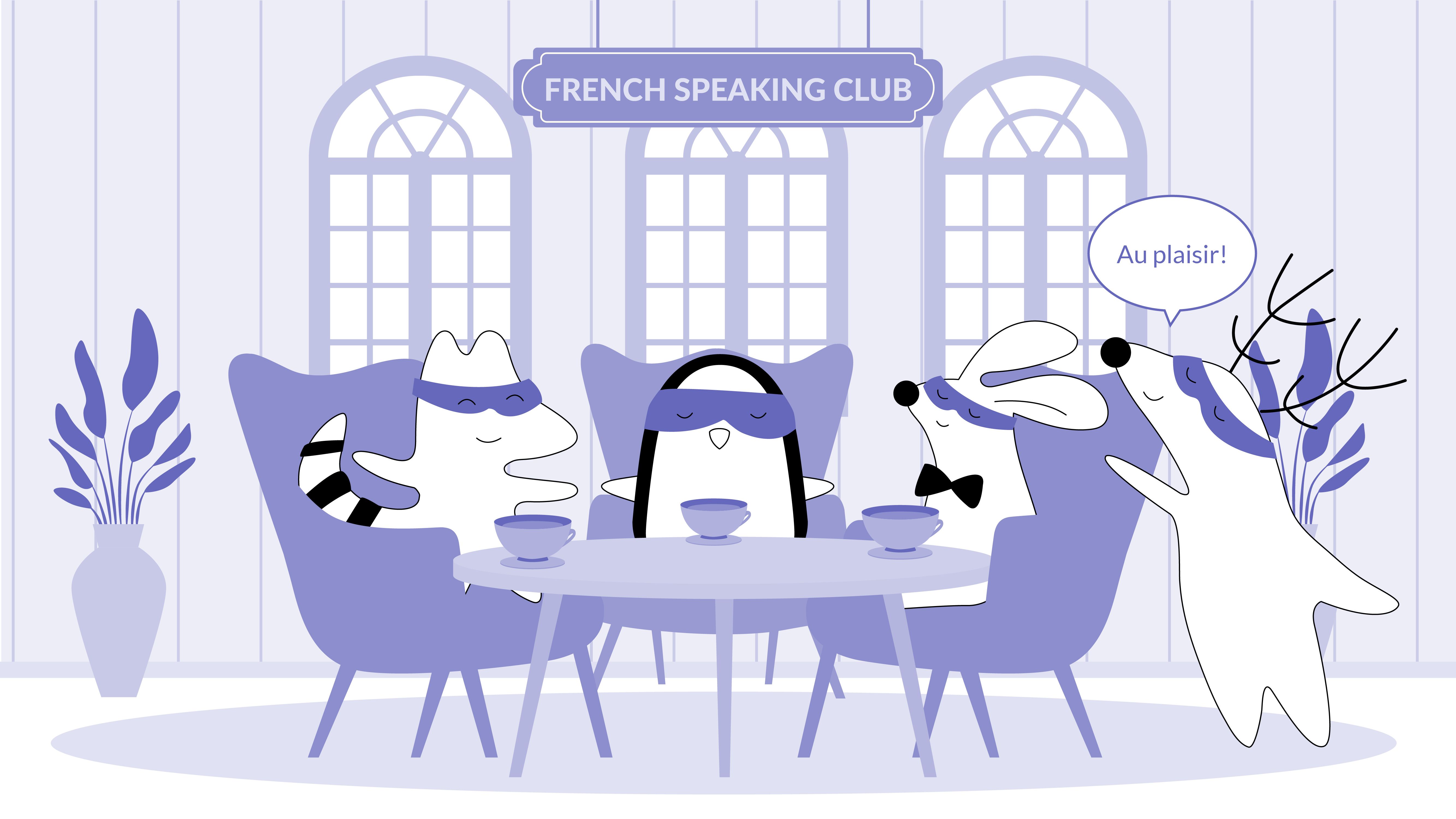
The beauty of foreign languages lies not just in their sounds and structures but in the way they carry the cultural nuances of the people who speak them. As you work on incorporating these French greetings into your exchanges, you’re not just learning how to speak; you’re learning how to charm, respect, and connect on a deeper level.
So, next time you meet someone français or someone who speaks the language of Molière, don’t just say, "Nice to meet you." Say it with the grace and elegance of the French language — and mean it. Use these practices to create a ripple effect in your conversations, and leave a lasting impact.
Learn French with Langster








